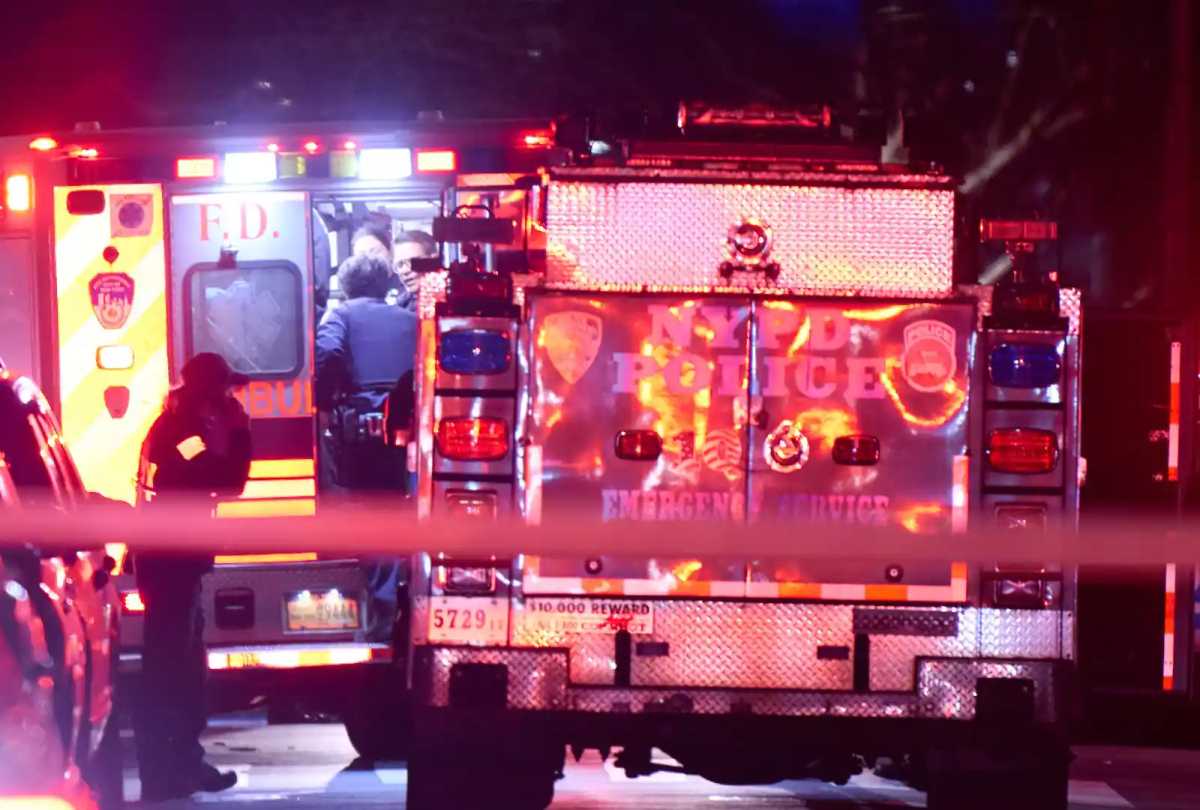A Manhattan grand jury is now weighing the fate of Daniel Penny, the Marine veteran accused of criminally causing the choking death of subway performer Jordan Neely last year.
The 12-person jury went into deliberation Tuesday following the weeks-long trial of Penny, who is facing charges of manslaughter and criminally negligent homicide for Neely’s death back in May 2023 on board an F train in Lower Manhattan.
Neely’s death sparked mass protests in May after his death was caught on camera, and the footage quickly went viral on social media. Penny’s defense team alleges that Neely — who was known to dress as Michael Jackson and busk in the transit system — was threatening straphangers, prompting Penny to step in and act in self-defense.

Manhattan District Attorney Alvin Bragg later brought up Penny via grand jury indictments on second-degree manslaughter and negligent charges. While Penny claims he did not set out to kill Neely, the prosecution sought to prove that he was criminally negligent during the trial, which began in late October.
Penny’s defense team, however, sought to prove to the jury that he was exercising “civilian restraint” in acting to subdue Neely, whom he believed to be threatening people on board the train.
The exact cause of Neely’s death was also debated at trial, as the Associated Press reported. While members of the city’s Medical Examiner’s office stood by their autopsy, which found that Neely died from neck compression resulting from Penny’s chokehold, the defense brought up a pathologist who claimed that other factors contributed to Neely’s death.
During his instructions to the jury Tuesday, AP reported, Judge Maxwell Wiley told the panel that if they find Penny guilty of manslaughter, they will not be asked to render a verdict on the lesser charge of criminally negligent homicide. Only if they acquit Penny of manslaughter will the jury be asked to consider the criminally negligent homicide charge.
Manslaughter, which implies that the accused unlawfully killed another person without malice or premeditation, carries a maximum 15-year prison sentence upon conviction — nearly four times that of the four-year maximum sentence for a criminally negligent homicide conviction.
With reporting by Dean Moses








































